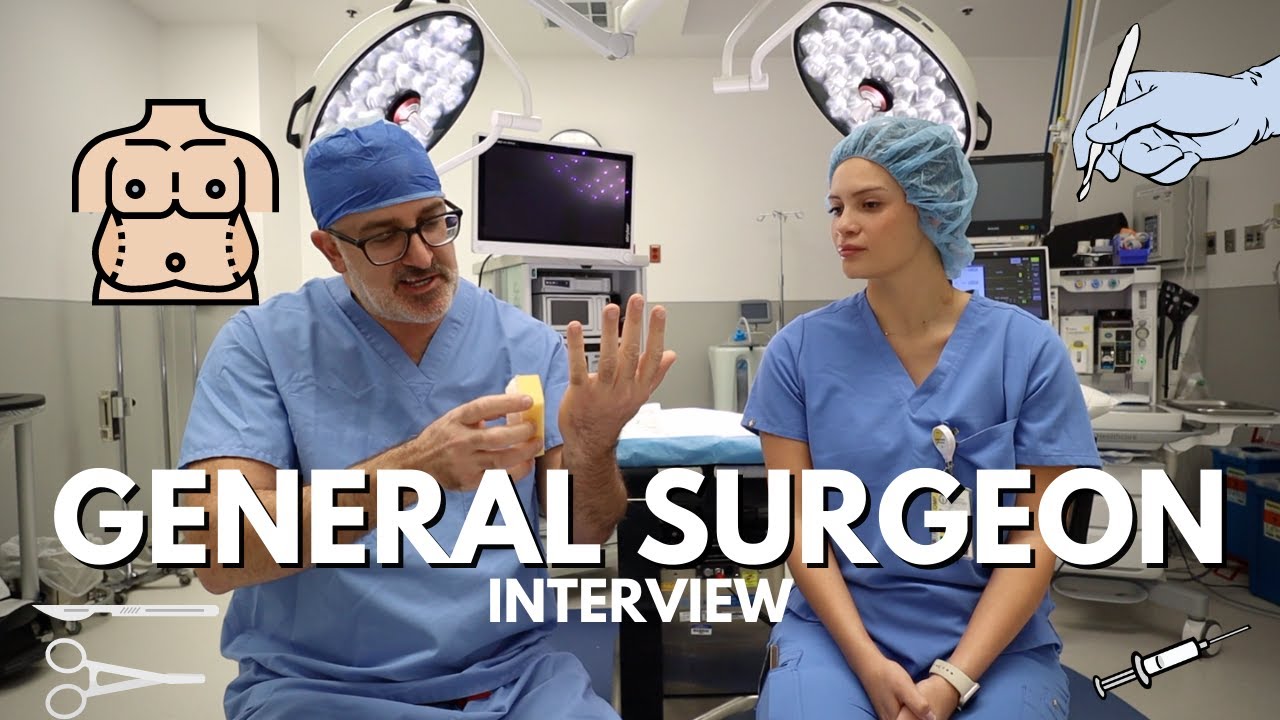Profesi
Summary
TLDRIn this video, the speaker discusses the concept of 'work' and 'profession.' A profession is a specialized occupation that requires high knowledge, skills, and training, while work can encompass a broader range of tasks, including physical labor and intellectual activities. The speaker emphasizes the distinction between general work and professional jobs, which involve a deeper commitment to serving the community. They also explain the principles of professionalism, such as expertise, responsibility, and adherence to ethical norms, and how these factors distinguish professionals from non-professionals.
Takeaways
- 😀 A job is any work, either physical or intellectual, performed to earn wages or for service, requiring specific skills and training.
- 😀 There are three types of jobs: general (physical labor), specific (physical or intellectual), and specialized (requiring high skill and permanent nature).
- 😀 A profession is a type of job that demands specialized knowledge, training, and a formal certification, like being a teacher, doctor, or lawyer.
- 😀 Not all jobs are professions; a profession requires specific expertise and continuous practice, while a job may not.
- 😀 A professional has a higher value in society compared to a non-professional worker due to discipline, commitment, and competence.
- 😀 Professionalism is defined by three key principles: expertise, responsibility, and adherence to norms.
- 😀 Expertise involves having specialized knowledge, which is obtained through education, training, and experience.
- 😀 Responsibility in a profession means having the authority to deliver high-quality service and ensuring accountability for one's work.
- 😀 Professional norms emphasize hard work, consistency, integrity, and continuous development of skills.
- 😀 Professions generally follow ethical codes, serve societal interests, require special permissions, and often have regulatory organizations.
- 😀 Professions are characterized by educational standards, service to public interests over personal gain, and systems of oversight and association.
Q & A
What is the difference between a job and a profession?
-A job refers to any work that one does, often for earning a living, and can involve physical or intellectual tasks. A profession, on the other hand, requires specialized knowledge, training, and high standards of ethics and service, often involving intellectual or expert-level work.
According to Abdul Kadir Muhammad, what are the three types of work?
-The three types of work, according to Abdul Kadir Muhammad, are: 1) General Work, which focuses on physical tasks to earn a living. 2) Specific Work, which requires both intellectual and physical skills for service. 3) Specialized Work, which involves expertise in a particular field, requiring permanent commitment.
What is the main characteristic that differentiates a profession from a regular job?
-A profession is characterized by specialized knowledge, formal training, and a code of ethics. Unlike regular jobs, professions require expertise in a particular field, and professionals are expected to serve society through their work.
Can all jobs be considered professions? Why or why not?
-No, not all jobs are considered professions. While all professions are jobs, not all jobs require the specialized skills, training, and ethical standards that define a profession. Professions often involve a higher level of education, training, and a focus on public service.
What are some examples of professions mentioned in the transcript?
-Examples of professions mentioned in the transcript include doctors, teachers, lawyers, notaries, and professors. These require high-level knowledge, specialized skills, and often formal qualifications.
What are the three main principles of professionalism?
-The three main principles of professionalism are: 1) Expertise, which requires specialized knowledge and skills. 2) Responsibility, which involves taking full accountability for one's work. 3) Norms, which include adhering to ethical standards and practices in the profession.
How does expertise contribute to professionalism?
-Expertise is crucial to professionalism because it ensures that individuals possess the necessary knowledge and skills to perform their job effectively. Professionals gain this expertise through education, training, and experience, enabling them to provide high-quality services.
Why is responsibility an important aspect of professionalism?
-Responsibility is important because professionals are expected to be accountable for the results of their work. They must ensure that their actions align with the best interests of society and their clients, maintaining high standards and reliability in their service.
What role do ethical standards play in professional work?
-Ethical standards guide professionals in making decisions that prioritize public welfare over personal gain. They ensure that professionals act with integrity, respect, and honesty, which builds trust with clients and the community.
How do norms and ethical codes impact a profession?
-Norms and ethical codes are essential in maintaining the integrity of a profession. They provide a framework for professionals to follow, ensuring consistency in behavior and protecting the interests of society. Adhering to these norms fosters professionalism and public trust.
Outlines

This section is available to paid users only. Please upgrade to access this part.
Upgrade NowMindmap

This section is available to paid users only. Please upgrade to access this part.
Upgrade NowKeywords

This section is available to paid users only. Please upgrade to access this part.
Upgrade NowHighlights

This section is available to paid users only. Please upgrade to access this part.
Upgrade NowTranscripts

This section is available to paid users only. Please upgrade to access this part.
Upgrade NowBrowse More Related Video

Francoise Pénichon: Géomètre - Topographe

What do Chartered Accountants actually do?

Code of Ethics for interpreters Basics/what is Accuracy/Medical Interpreter 1#9

Yazılımı Nasıl Öğrenirdim (Yeniden başlayabilseydim)

MCP-UNIT-1-MANAGEMENT CONCEPT & PRACTICES (MCP) TOPIC-UNIT-1 Lacture by Harshita Mam

Interview w/ a General Surgeon (pros/cons, hours, grey's anatomy) | Rachel Southard
5.0 / 5 (0 votes)